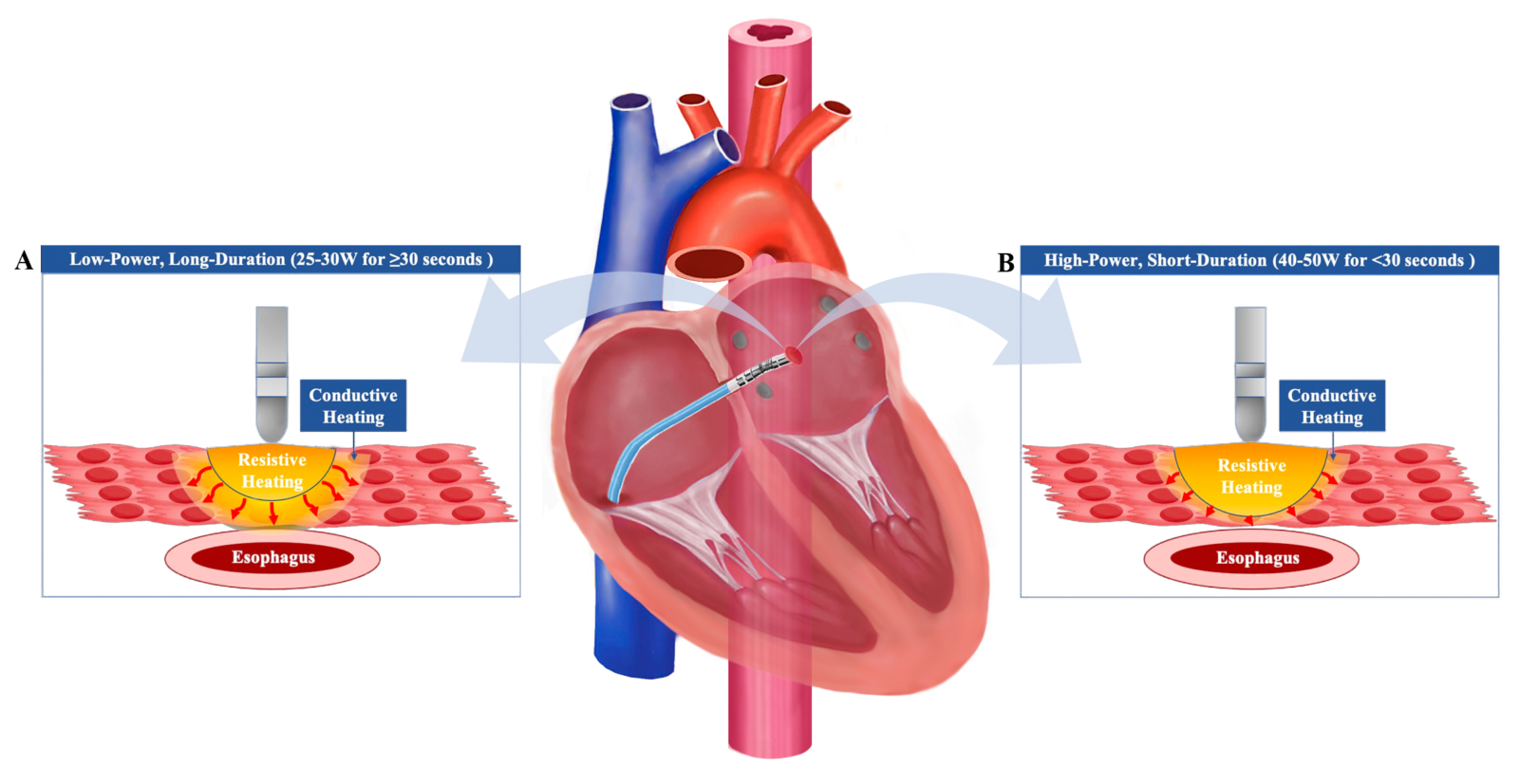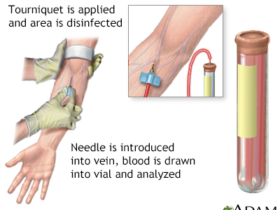Cardiac ablation, a widely recognized procedure for treating various heart rhythm disorders, has revolutionized the management of conditions like atrial fibrillation and other arrhythmias. Using catheters to deliver energy and create small scars in heart tissue, cardiac ablation can correct abnormal electrical signals, restoring a normal heart rhythm. While the immediate benefits of this procedure are well-documented, questions often arise about the long-term life expectancy after cardiac ablation. This article explores post-hospitalization outcomes, life expectancy factors, and strategies to improve long-term health following cardiac ablation.
Understanding Cardiac Ablation
Cardiac ablation is primarily used to treat arrhythmias, which are problems related to the rate or rhythm of the heartbeat. During the procedure, a specialist, often an electrophysiologist, uses catheters threaded through blood vessels to reach the heart. Once positioned, various energy sources, such as radiofrequency or cryotherapy, are employed to ablate or destroy the problematic heart tissue. This process helps to correct irregular heartbeats by interrupting the pathways causing the arrhythmia. While the procedure is minimally invasive, requiring only tiny incisions, patients’ recovery and long-term outcomes vary.
Immediate Post-Operative Recovery
Immediately following cardiac ablation, patients typically stay in the hospital for monitoring and recovery. The hospital stay can range from a few hours to a couple of days, depending on the individual’s overall health and the complexity individual’sdure. During this period, healthcare providers monitor heart rhythms, manage complications, and provide instructions for at-home care. Common post-operative symptoms may include chest discomfort, minor bruising, and fatigue. Most patients are advised to avoid strenuous activities for a week or two and to follow a heart-healthy lifestyle to support recovery.

Factors Influencing Life Expectancy After Cardiac Ablation
Several factors influence life expectancy following cardiac ablation. These include the patient’s age, overall health, patient conditions, and the success of the ablation procedure. Older patients or those with significant comorbidities such as diabetes, hypertension, or coronary artery disease may have a different prognosis compared to younger, healthier individuals. Additionally, the type of arrhythmia treated and the number of ablations required can impact long-term outcomes. Research suggests successful ablation, defined by the absence of arrhythmia recurrence, is associated with improved survival rates and quality of life.
Age and Comorbidities
Age plays a critical role in determining life expectancy after cardiac ablation. Older patients naturally face a higher risk of complications and a more extended recovery period. However, many studies indicate that successful ablation can significantly enhance the quality of life and longevity, even in older populations. Comorbidities, such as chronic kidney disease, pulmonary conditions, and metabolic disorders, also influence outcomes. Effective management of these conditions, in conjunction with successful ablation, can improve overall life expectancy.
Procedure Success and Arrhythmia Type
The success of the ablation procedure itself is a significant determinant of life expectancy. Success is generally measured by the absence of recurrent arrhythmias and the reduction of symptoms such as palpitations, dizziness, and fatigue. Patients with persistent or long-standing atrial fibrillation may require multiple procedures to achieve optimal results, which can influence their prognosis. Furthermore, the type of arrhythmia treated can affect outcomes. For example, patients treated for atrial fibrillation often have different long-term prognoses compared to those treated for ventricular tachycardia.
Long-Term Health and Lifestyle Modifications
Long-term health and lifestyle modifications also significantly influence long-term health and lifestyle modifications also significantly influence life expectancy after cardiac ablation. Patients are encouraged to adopt heart-healthy habits, including regular physical activity, a balanced diet, and smoking cessation. These lifestyle changes can reduce the risk of recurrent arrhythmias and other cardiovascular events. Regular follow-up with healthcare providers is essential to monitor heart health and manage any ongoing or new health issues.
Physical Activity and Diet
Engaging in regular physical activity is crucial for maintaining heart health. Patients are often advised to participate in moderate-intensity exercises such as walking, cycling, or swimming, which can strengthen the heart and improve overall cardiovascular fitness. Additionally, a balanced diet rich in fruits, vegetables, whole grains, lean proteins, and healthy fats can support heart health and prevent the progression of cardiovascular diseases. Reducing sodium intake and avoiding processed foods can benefit patients by controlling blood pressure and cholesterol levels.
Medication Adherence and Monitoring
Adherence to prescribed medications is vital for managing heart health after cardiac ablation. Medications may include anticoagulants, antiarrhythmics, beta-blockers, or other cardiovascular drugs that help maintain a regular heart rhythm and prevent complications. Regular monitoring through follow-up appointments, electrocardiograms (EKGs), and other diagnostic tests allows healthcare providers to detect any issues early and adjust treatment plans as needed. Patients who consistently follow their medication regimen and attend regular check-ups are likelier to experience favourable long-term outcomes.
Psychological Well-Being and Support Systems
The psychological well-being of patients after cardiac ablation is another crucial aspect of long-term health. Dealing with a chronic condition and undergoing medical procedures can be stressful and emotionally taxing. Mental health support, including counselling, support groups, and stress management techniques, can help patients cope with the emotional challenges associated with their condition. Robust support systems, including family, friends, and healthcare providers, are crucial in helping patients adhere to their treatment plans and maintain a positive outlook.

Stress Management and Mental Health
Chronic stress and anxiety can negatively impact heart health and overall well-being. Patients are encouraged to practice stress management techniques such as mindfulness meditation, yoga, deep breathing exercises, and other relaxation methods. Psychological counselling or therapy can also be beneficial for addressing any underlying mental health issues and improving emotional resilience. By managing stress and maintaining a positive mental outlook, patients can support their overall health and enhance their life expectancy.
Support Networks
Having a robust support network is essential for patients recovering from cardiac ablation. Family members and friends can provide emotional support, help with daily activities, and encourage adherence to medical advice. Support groups, both in-person and online, offer opportunities for patients to connect with others who have experienced similar challenges, share experiences, and gain valuable insights. Healthcare providers, including primary care physicians, cardiologists, and specialists, are critical to the support network by offering medical guidance, monitoring progress, and adjusting treatment plans as necessary.
Conclusion
Cardiac ablation offers a promising treatment for individuals with arrhythmias, significantly improving their quality of life and long-term health outcomes. Life expectancy after cardiac ablation is influenced by various factors, including age, comorbidities, procedure success, and lifestyle modifications. By adopting heart-healthy habits, adhering to prescribed medications, managing stress, and maintaining robust support systems, patients can enhance their life expectancy and enjoy a better quality of life. Regular follow-up with healthcare providers is essential to monitor heart health and address any issues promptly. With comprehensive care and a proactive approach to health, individuals can achieve favourable long-term outcomes after cardiac ablation.
Also, Read The Following: What is the best painkiller for spinal stenosis?













Got a Questions?
Find us on Socials or Contact us and we’ll get back to you as soon as possible.